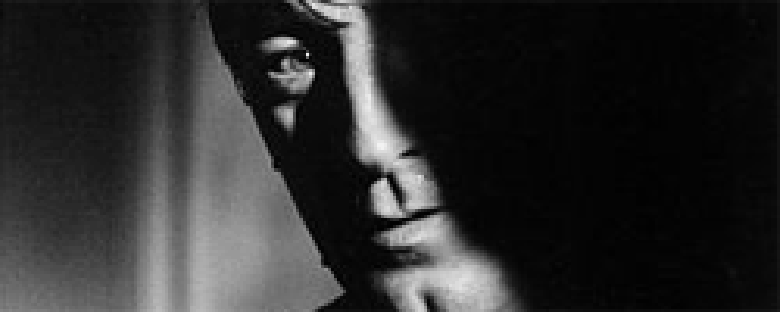Reviews
J. Lee Thompson
USA, 1962
Credits
Review by Beth Gilligan
Posted on 19 October 2006
Source Universal Pictures DVD
Related articles
Features: 31 Days of Horror
If you want to be horrified, that’s your business. But don’t expose the youngsters to the ordeal of watching this film.
—Bosley Crowther, The New York Times, 19 April 1962
Over forty years later, it’s hard to imagine how the famously stodgy Crowther’s warning could have possibly held up. Yet watching the original Cape Fear (a remake came in 1991, compliments of Martin Scorsese), it’s difficult not to be shocked by the potent mix of lust and violence Robert Mitchum’s Max Cady projects toward Gregory Peck’s wife and adolescent daughter.
Cape Fear may have all the earmarks of a classic horror/suspense film, but it also owes a considerable debt to the Western in its depiction of a society where men must take the law into their own hands. Directed by J. Lee Thompson, whose Guns of Navarone was released the previous year, the film centers around straight-laced attorney and family man Sam Bowden (played, naturally, by Peck) who finds his way of life under siege when a criminal he once testified against is released from prison. A law-abiding citizen, Sam not only came to the rescue of a young woman the criminal, Max Cady, was attacked in a dark alley, but he also provided the damning testimony that put him behind bars for several years. Simmering with rage, Cady has spent the entirety of his incarceration carefully plotting revenge against Sam, Sam’s wife Nancy and their daughter Peggy.
After Sam notices Max trailing him, he tries in vain to enlist the help of the police, but without concrete evidence of a threat against the Bowdens, they are powerless to act. Sam tries appealing to another victim of Max’s — a young woman attacked by him on his first night back in town — but she is too shaken by this encounter to testify against him. When the Bowden’s dog turns up dead and Cady begins lurking around Peggy’s school, Sam decides to take action on his own, luring his enemy to a secluded houseboat where he hopes he’ll be able to beat him at his own game.
While the cops are not portrayed in an entirely unsympathetic light in the film — they do make an unsuccessful attempt to pin vagrancy charges onto Max in order to force him out of town — their impotence is underlined and Sam’s decision to take justice into his own hands rendered understandable. As someone who has lived his life by the letter of the law, Sam registers reasonable dismay that the system has failed to provide him with basic protections against a menace such as Max. At the same time, as Sam himself acknowledges, a society in which an individual can be arrested on the suspicion of what he or she might do is not one he would care to live in. This realization, however brief, sets Cape Fear apart from the plethora of vigilante justice movies that would populate the subsequent decade, each of which rarely pause to question the validity of their lead characters’ actions.
Still, it’s difficult to question Sam’s decision given the gravity of the threat he’s up against. In a performance that lays bare the raw, animalistic qualities that were sometimes only hinted at in his other tough-guy roles, Mitchum imbues Cady with an air of menace that places him comfortably among the nastiest villains to appear on the silver screen. While he is rarely seen in action, his leering presence communicates a torrent of barely-suppressed rage. The scene where he attacks the young woman he has met at a bar is particularly disturbing; again, the actual incident is never shown, but the moments before it happens, Max is shown shirtless, circling around the bed, a predator hovering above his prey. But while women are the physical victims of Cady’s rage, it is clear his decision to target Nancy and Peggy is a means to end: the emasculation and humiliation of Sam.
Bolstered by Bernard Herrmann’s eerie, dramatic score, the cat and mouse game undertaken by the two men reaches a tense climax around the houseboat where Sam has left Nancy and Peggy as bait. But in Cape Fear, the true horror lies in Sam’s inability to enlist help in warding off the likes of Cady, a man whose ruthlessness is seemingly boundless.
We don’t do comments anymore, but you may contact us here or find us on Twitter or Facebook.



